Advertisement
You And Your Plants Can Survive The Dark Of Winter. Here’s How
We are now in the final days of daylight saving time. We've lost nearly five hours of daylight since the summer solstice, and the gap between sunrise and sunset is shrinking by about two-and-a-half minutes per day. All of these changes have an affect on not only us, but the living world around us.
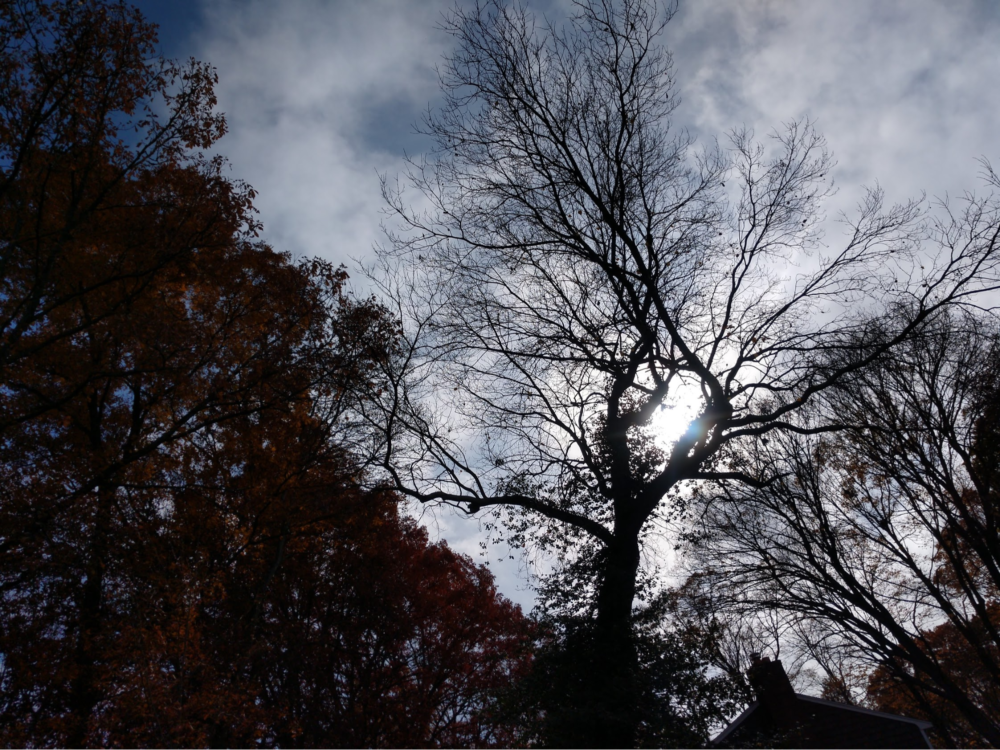
We will push the clocks back an hour early Sunday morning and it will become dark before 5 p.m. Many people lament these early sunsets, but if you're a morning person, you'll enjoy a reprieve for the next several weeks with a return to sunrises before 7 a.m.
Along with the loss of daylight, the highest point the sun reaches each afternoon is also lowering. This maximum sun angle will reach its minimum — a mere 24 degrees above the horizon at noon — on the first day of winter. If you compare that to the first day of summer, when the sun rises 71 degrees onto the sky, you have nearly a 50-degree loss in six months.
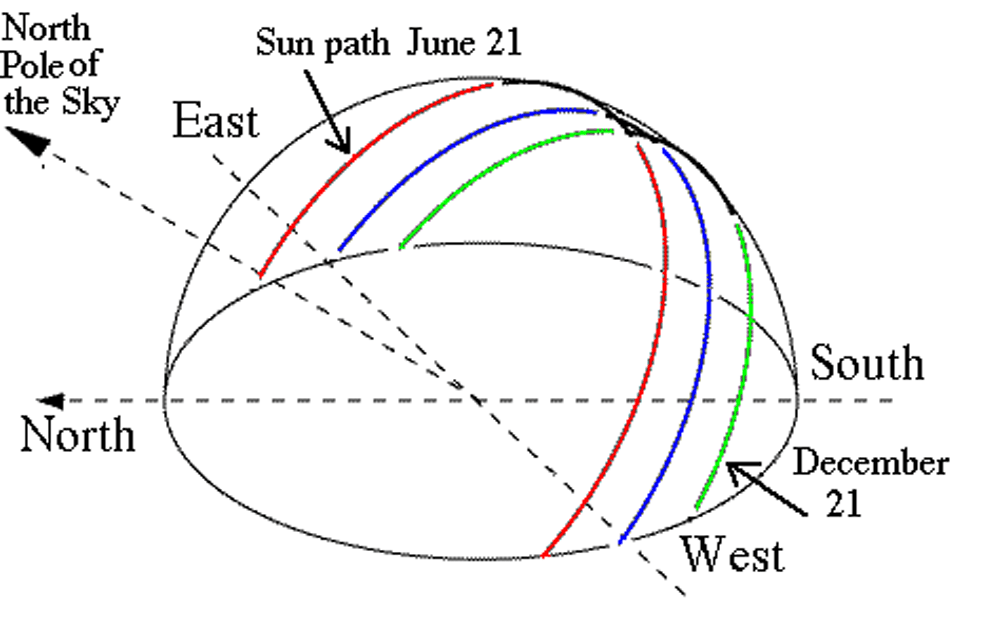
Plants and animals also respond to the lack of light. Your house plants, whether they've been inside all summer or you brought them in the past few weeks, will not grow nearly as fast.
These plants need much less water and you want to stop feeding most of them for the next three months. The majority of indoor plants won't need food until the light reaches over 10 hours, which won’t occur until early February.
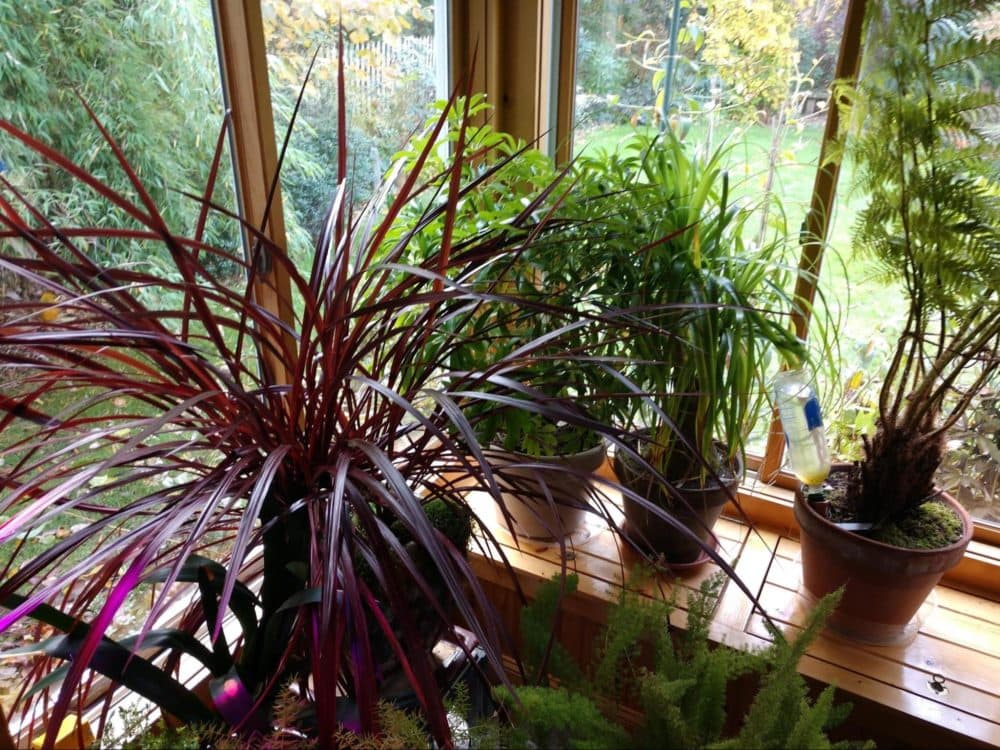
One of the mistakes people make during the winter is to overwatering houseplants. If plants aren’t growing, then they don’t need as much water. Wet roots lead to root rot and dying plants.
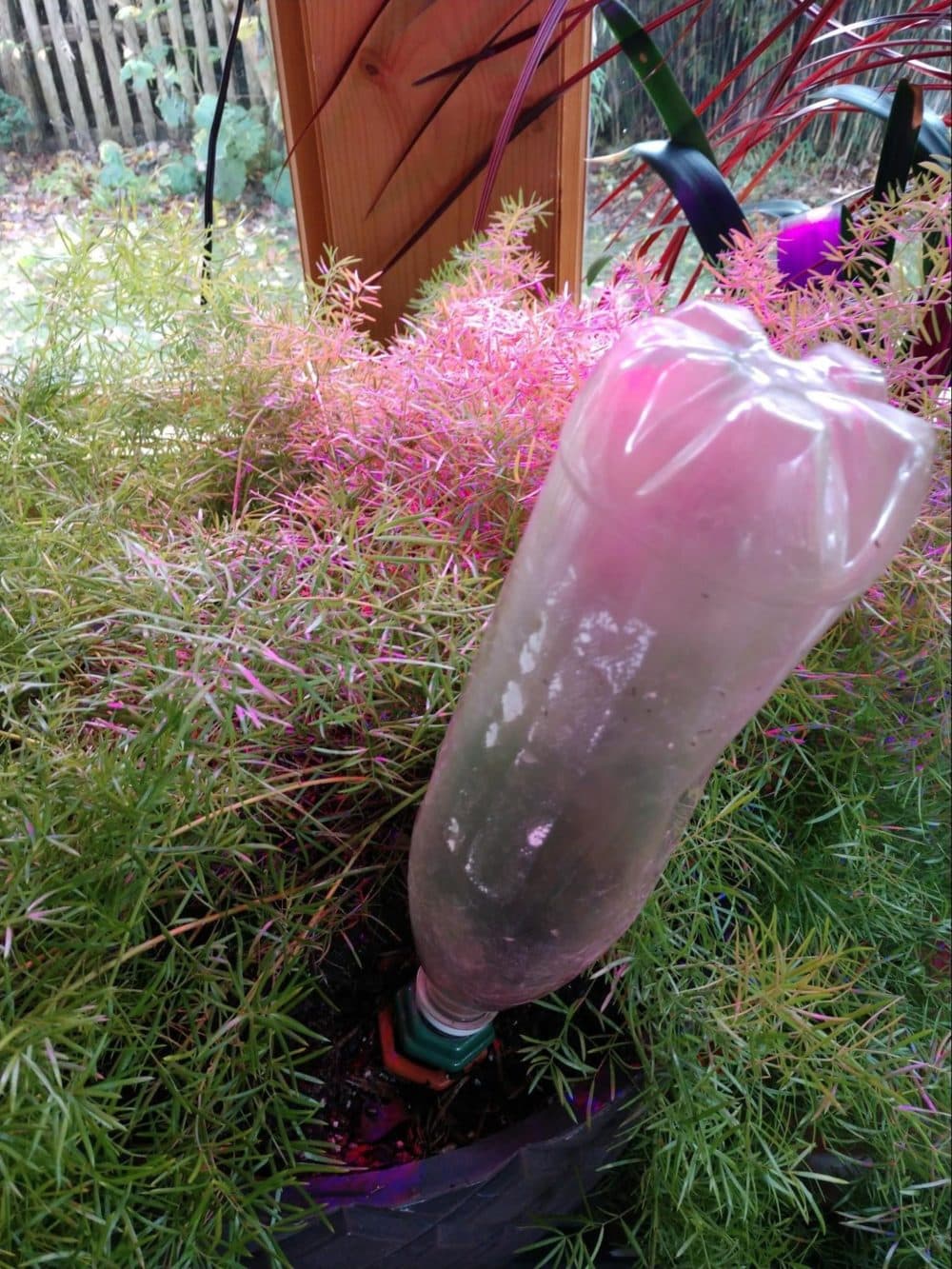
It's best to give plants a little finger test of about two or three inches down in the soil. If it's moist in that top zone, don't water them. You can also become familiar with the weight of the house plant when moist or dry. I can tell whether a plant needs water just by lifting it because as the water evaporates the plant becomes much lighter.
The sunniest window in the winter months is going to be one that faces south. Your next sunniest will be a westerly window, then easterly and finally northerly one. A cool, unheated sun room that doesn’t go below freezing is actually a perfect spot to to keep non-hardy plants for the winter.
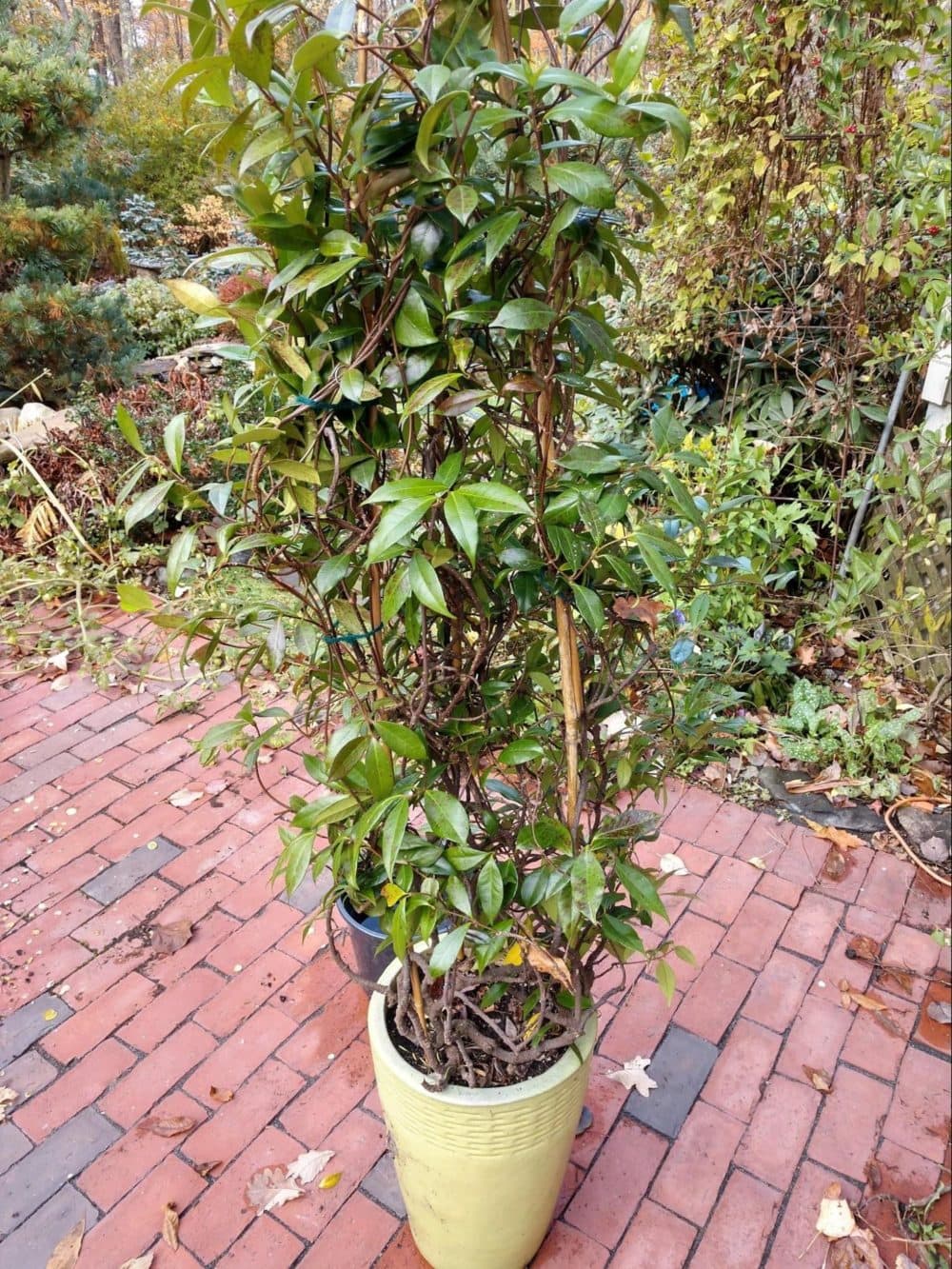
Plants aren’t the only thing responding to the loss of light. Seasonal affective disorder can be a real problem for humans. Our bodies want to sleep more this time of year, but societal demands keep us getting up and going to bed at roughly the same time. Most people don't get outside during the day and expose themselves to daylight in the winter, which can throw off our body clocks and even bring about depression, anxiety, carbohydrate cravings and a general feeling of listlessness.
In these dark days of fall and early winter, many doctors would say it's important to try to get outside and get some sunshine. Just a 30-minute walk in the middle of the day, allowing yourself a little sun exposure, can do wonders for your health.
This article isn’t meant to depress you. The changing seasons bring about differences in daylight every single day of the year. I try to embrace these changes with a sense of wonder and awe, not trepidation. Nature continues inexorably regardless of where the Earth’s position is, let’s take a cue from her and enjoy these late fall days and longer nights.
Resources: You can reach the National Suicide Prevention Lifeline at 1-800-273-TALK (8255) and the Samaritans Statewide Hotline at 1-877-870-HOPE (4673). The National Domestic Violence Hotline can be reached at 1-800-799-SAFE (7233).

